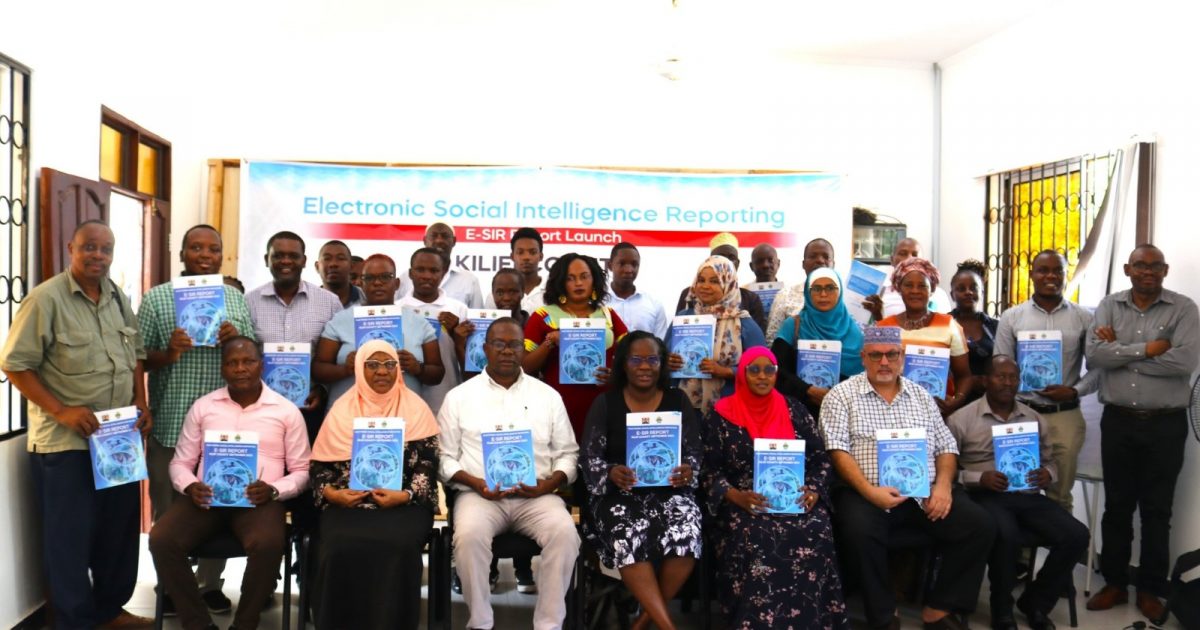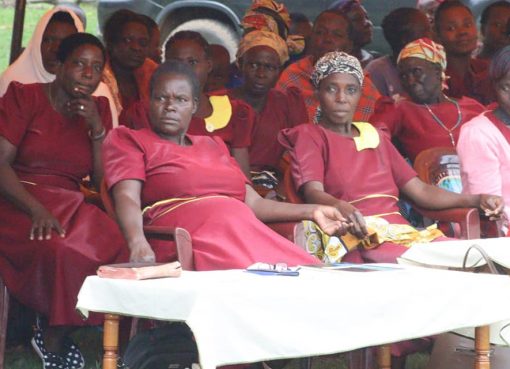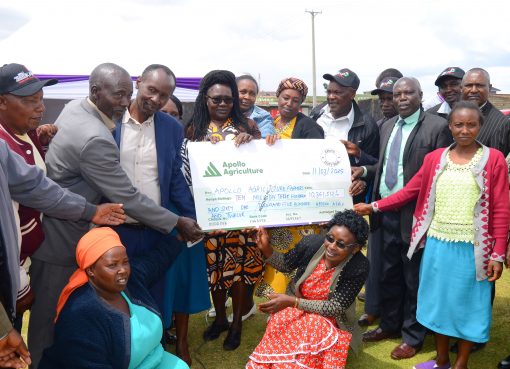The Inter-Religious Council of Kenya (IRCK) in conjunction with the Kilifi county government, the State Department for Economic Planning, and UNICEF has launched the Electronic Social Intelligence Reporting (E-SIR) Report for Kilifi County.
The report evaluates service delivery gaps in social sectors in the county and various facilities including health, education, water and sanitation (WASH), nutrition, and social protection, and makes recommendations on areas that need improvement.
Speaking to the media during the launch in Kilifi town, IRCK Deputy Executive Director Irene Kizito disclosed that during the process of Social Intelligence Reporting in the county, IRCK and its partners involved members of the public to follow up on the county and national government’s performance in the provision of water, health care, and education.
“In this programme, we have been able to go to two sub-counties; Kilifi North and Ganze sub-counties where we visited 36 facilities; dispensaries, schools, and hospitals to find out the quality of service delivery in those facilities,” Irene said.
Kizito further stated that they brought together various stakeholders in the county for a forum where they shared findings from the exercise and identified service delivery gaps in the areas while discussing ways that the stakeholders could help fill the gaps identified.
She highlighted some of the gaps identified such as poor infrastructure in schools, inadequate human resources in schools and health centres, and lack of clean water for use in the institutions.
“We have found that many of the schools in the areas do not have floors, the children do not have enough toilets, and they do not get water for hydration. So today was about involving all the stakeholders so that they know about the situation on the ground,” she explained.
During the forum, she said, the national and county government representatives committed to setting aside funds through the responsible departments to help close some of the gaps like improving the state of classrooms in the schools.
IRCK Executive Board Member Salim Vayani urged public members to take responsibility for developing and maintaining facilities in their areas of residence, instead of leaving it all for the national and county governments to handle.
“As much as we say that the national and county governments need to do their part in developing these facilities, there is also the responsibility of the common citizens, either individually, as a community, or through self-help groups to contribute to maintaining those facilities. We have to work together, not just leaving it all to the national and county governments, “Voyani explained.
He added that when members of the public take up their collective responsibility, it will Foster a sense of ownership among the people hence minimising the cost of repairing vandalised projects by the national and county governments.
Bishop for Malindi Diocese Constantine Kimondo expressed the importance of the E-SIR report as it openly revealed the exact situation on the ground, showing that there is a lot that needs to be rectified.
He further reiterated the need for members of the public to take up the responsibility of looking after the facilities because they are the main beneficiaries of the projects.
“It is not the government only that is supposed to rectify the situations, but we too as citizens that live in these areas should take up the responsibility to look after our well-being,” Kimondo stated.
By Cynthia Maseno and Jackson Msanzu




